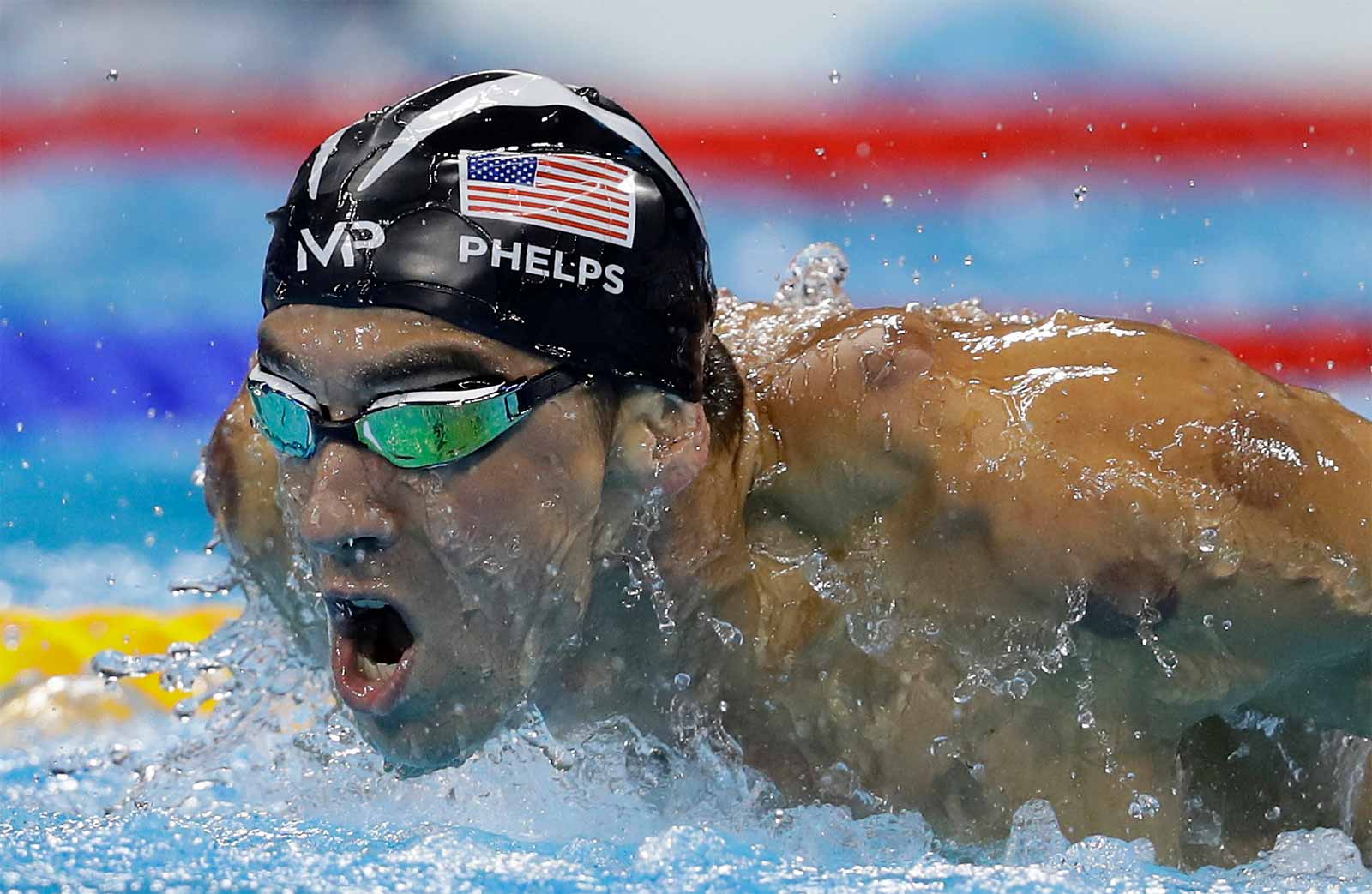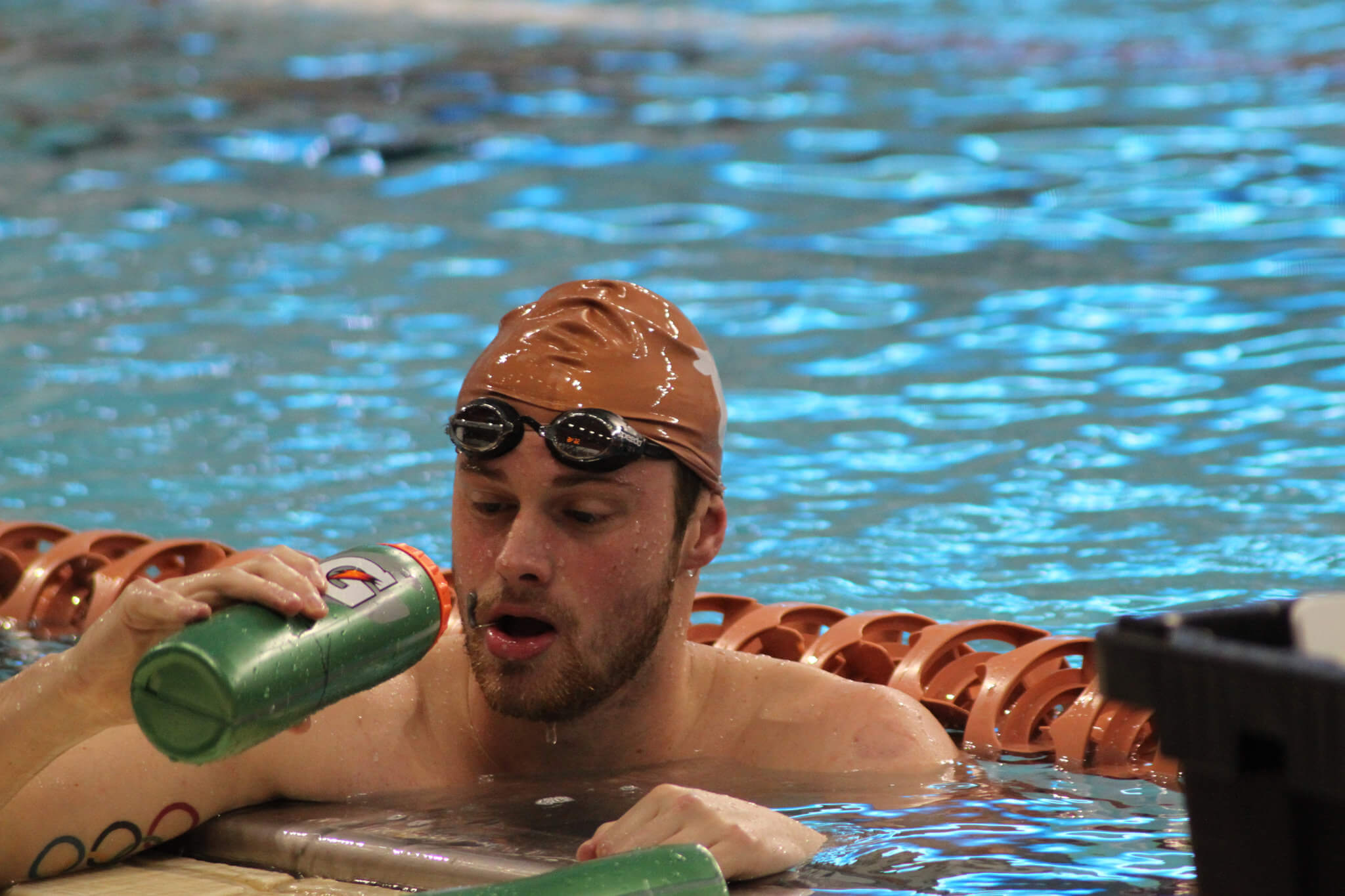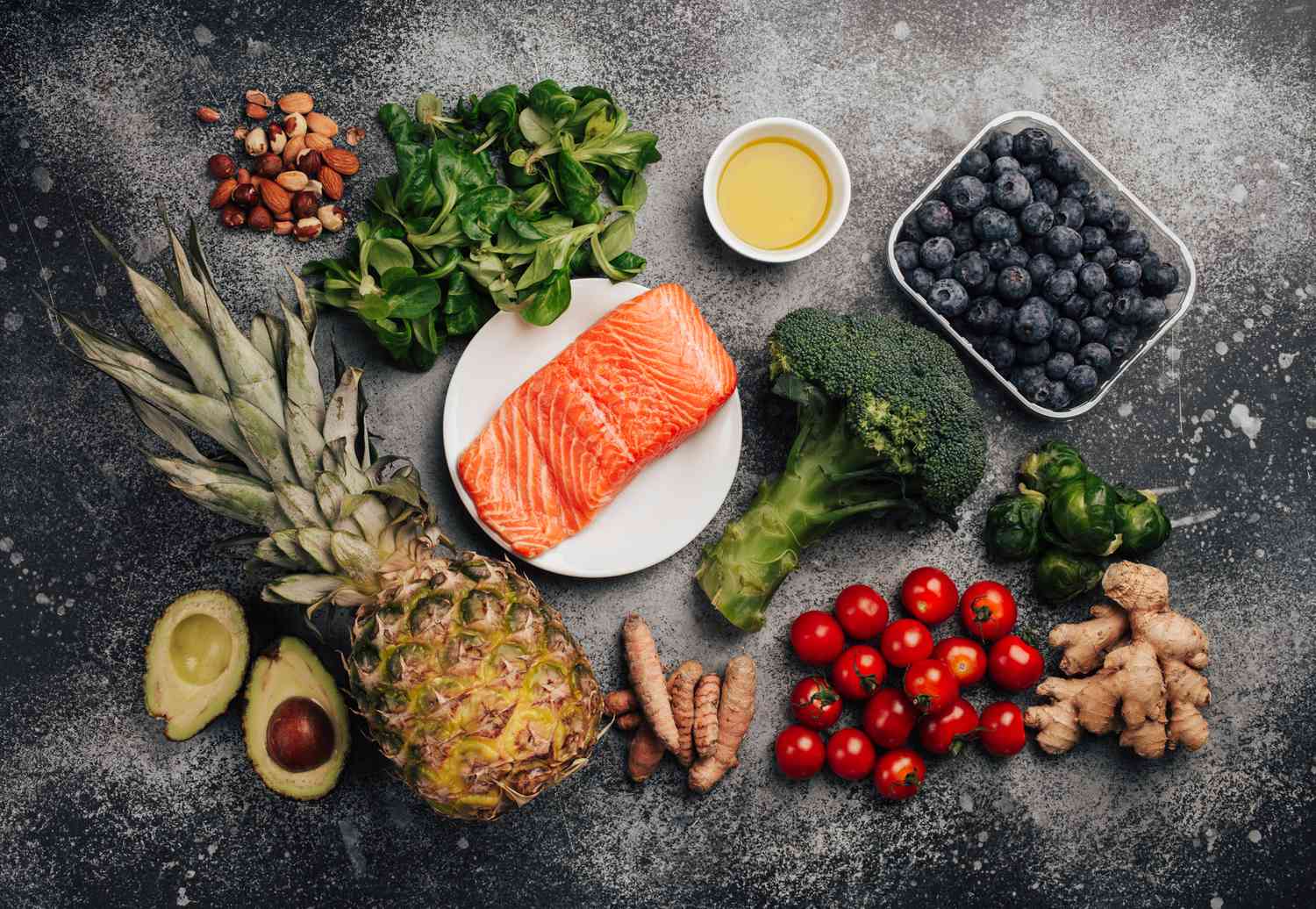Competitive swimmers push their bodies to the limit, demanding a competitive swimmer diet that provides the necessary fuel for peak performance, recovery, and sustained energy. Unlike casual swimming, Olympic hopefuls require a meticulously crafted nutritional plan to optimize every aspect of their training. Swim Time Log, a global platform dedicated to swimmer success, dives deep into the essentials of a competitive swimmer diet plan.
1. The Demands of a Competitive Swimmer Diet
A competitive swimmer diet goes beyond simple calorie counting. It prioritizes specific nutrients to meet the unique demands of this sport. Here’s what the best diet for competitive swimmers focuses on:
- Energy Production: Competitive swimming involves intense bursts of anaerobic activity followed by periods of sustained aerobic effort. Carbohydrates, the body’s primary source of readily available energy, are crucial.
- Muscle Building and Repair: Protein is essential for building and repairing muscle tissue and vital for generating power and recovering from demanding workouts.
- Overall Health and Recovery: A balanced diet rich in micronutrients (vitamins and minerals) supports overall health and immune function, allowing for optimal recovery and preventing illness.

Competitive Swimming
1.1. Breakfast: Setting the Tone for the Day
A competitive swimmer diet plan starts with a powerful breakfast. Aim for a meal rich in complex carbohydrates and a moderate amount of protein to provide sustained energy throughout the morning session. Here are some excellent options:
- Oatmeal with berries and nuts: Offers complex carbs for sustained energy and healthy fats for satiety.
- Whole-wheat toast with eggs: Provides complex carbs from the bread and protein from the eggs for muscle building and repair.
- Greek yogurt with fruit and granola: A good source of protein and carbohydrates for energy, with the added benefit of probiotics for gut health.
Remember that individual needs vary. Consult a registered dietitian or sports nutritionist to create a personalized breakfast plan based on your training schedule and preferences.
1.2. Lunch and Dinner: Replenishing and Restoring
Lunch and dinner in a competitive swimmer diet plan should be balanced meals that replenish energy stores and support muscle recovery. Here are some key considerations:
- Lunch: Opt for lean protein sources like grilled chicken or fish, paired with complex carbohydrates like brown rice or quinoa, and don’t forget vegetables for added micronutrients.
- Dinner: Similar to lunch, prioritize lean protein like salmon or lentil soup with vegetables and a whole-wheat side dish. This provides essential nutrients for muscle repair and recovery after a hard day of training.
Explore other: Discover the olympic swimmer’s diet to win gold medals
2. Snacks for Sustained Energy
Competitive swimmers burn a significant amount of calories throughout the day. Snacks become crucial to maintain energy levels and prevent hunger pangs that can disrupt training. Choose healthy options like:
- Fruits and vegetables with hummus: A good source of carbohydrates for energy and healthy fats for satiety, with the added benefit of fiber from vegetables.
- Greek yogurt with berries: Provides protein for muscle recovery and carbohydrates for sustained energy, with the added benefit of probiotics for gut health.
- Trail mix: Offers a mix of carbohydrates, protein, and healthy fats for a quick burst of energy and long-lasting satiety.
Pro tip: Choose snacks that are easily digestible and won’t weigh you down during training.
3. Hydration is the Key to the Best Diet for Competitive Swimmers
Hydration is perhaps the most critical component of a competitive swimmer diet plan. Swimmers lose fluids through sweat, even in cool pool environments. Dehydration can have a significant impact on performance and recovery. Aim to drink plenty of water throughout the day, even when you don’t feel thirsty. Additionally, consider sports drinks during extended training sessions to replenish electrolytes lost through sweat.

Read more: A comprehensive guide to nutrition for young swimmers
4. Recovery Nutrition: Fueling Your Body for Tomorrow
Don’t underestimate the importance of recovery nutrition in a competitive swimmer diet plan. After a hard training session, your body needs readily available nutrients to repair muscle tissue and rebuild energy stores. Aim for a recovery meal or snack within 30–60 minutes after finishing your workout. This could include:
- Chocolate milk: Provides carbohydrates and protein in an easily digestible form.
- Smoothie with fruit, yogurt, and protein powder: Offers a blend of carbohydrates, protein, and healthy fats for optimal recovery.
- Chicken breast with sweet potato: A classic combination of lean protein for muscle repair and complex carbohydrates for replenishing glycogen stores.

Recovery nutrition for swimmer
Read more: Best food to eat after swimming workout
5. Sample Competitive Swimmers Diet Plan
Remember, this is just a sample and individual needs may vary. Consult a registered dietitian for a personalized competitive swimmer diet plan.
- Breakfast: Oatmeal with berries and nuts, milk
- Mid-morning Snack: Fruit with yogurt
- Lunch: Grilled chicken with brown rice and vegetables
- Afternoon Snack: Trail mix or banana with peanut butter
- Dinner: Salmon with roasted vegetables and quinoa
- Post-workout Snack: Chocolate milk or protein smoothie
6. Conclusion
Achieving peak performance in competitive swimming requires dedication to a well-structured competitive swimmer diet plan. By understanding the specific demands of the sport and prioritizing the right nutrients, you can fuel your body for optimal performance and recovery and, ultimately, reach your Olympic dreams.
Swim Time Log is here to support you on your journey. We offer a wealth of resources, including:
- Personalized Meal Plans: Connect with registered dietitians or sports nutritionists who specialize in creating competitive swimmer diet plans tailored to your specific needs and training schedule.
- Training Tips: Learn about efficient training techniques and personalized workout plans to maximize your results.
- Supportive Community: Connect with fellow competitive swimmers, share experiences, and learn from each other in our online forum.
Visit our website at https://portal.swimtime.org/login to explore these resources and embark on your path to becoming an Olympic champion! Remember, a competitive swimmer diet plan is a powerful tool, but it’s just one piece of the puzzle. With dedication, discipline, and the right support system, you can achieve your swimming goals and chase your gold medal dreams.
AUTHOR
Sang Nguyen
Sang Nguyen is a former national swimmer for Vietnam who has transitioned into coaching. With a passion for fostering a healthy swimming community and connecting like-minded individuals,......Read More
BLOG
Maybe You Are Interested
Good Swim Meet Snacks: What to Eat for Optimal Performance
Good nutrition is crucial for swimmers to maintain energy, recover quickly, and perform at their...
Read More...Optimizing Your Performance: The Best Diet for Swimming Training
Optimizing your performance in swimming is not just about rigorous training; it’s equally crucial to...
Read More...Achieve Peak Performance with This Diet Chart for Swimmers
Whether you’re a novice or an expert swimmer, understanding the right diet is crucial for...
Read More...Eating Like a Champion: Exploring the Diet of Michael Phelps
Michael Phelps, renowned for his Olympic triumphs, has a diet as extraordinary as his swimming...
Read More...Muscle Gain for Swimmers: Tailoring Your Diet for Strength
Swimming is a demanding sport that requires a tailored approach to nutrition to support muscle...
Read More...A Comprehensive Diet Plan To Gain Weight For Swimmers
Swimming is a demanding sport that requires meticulous attention to nutritional needs to optimize performance,...
Read More...